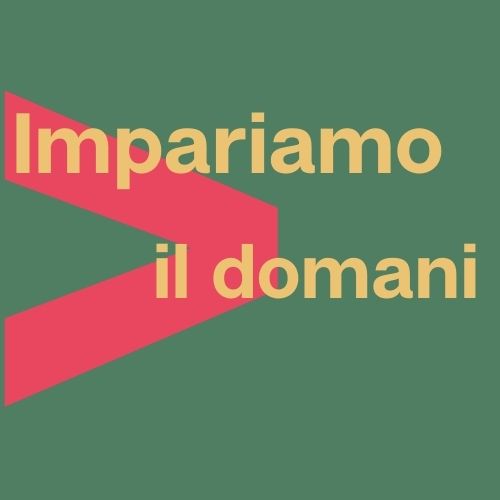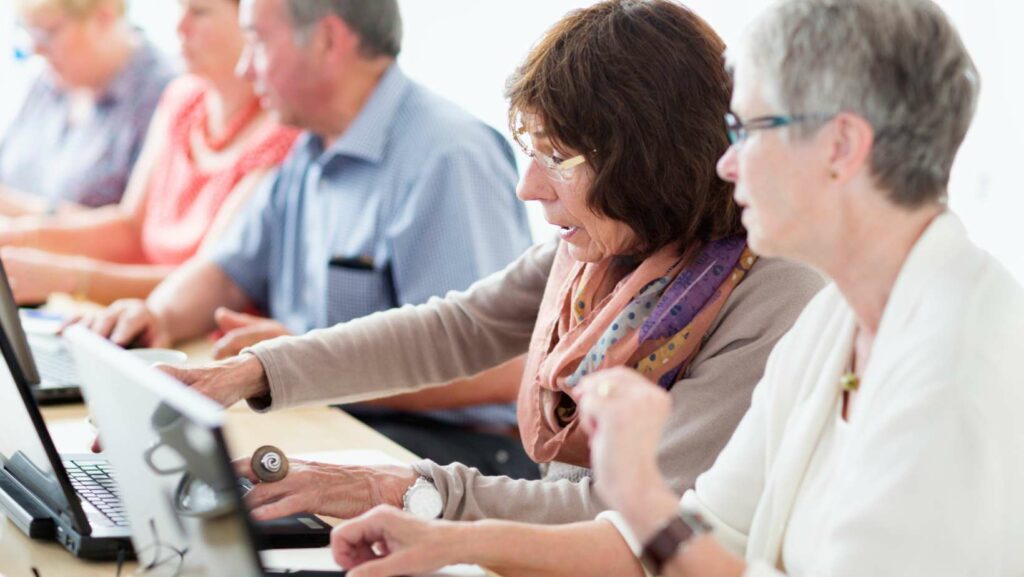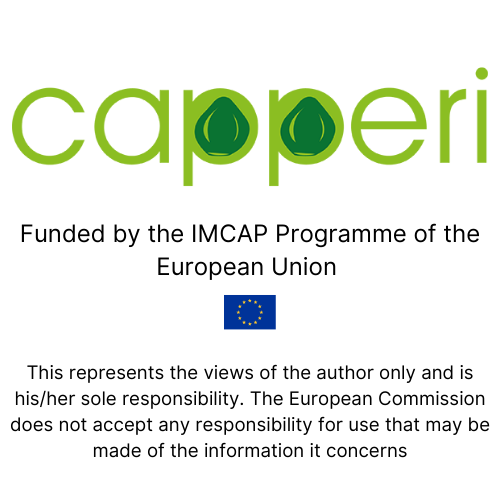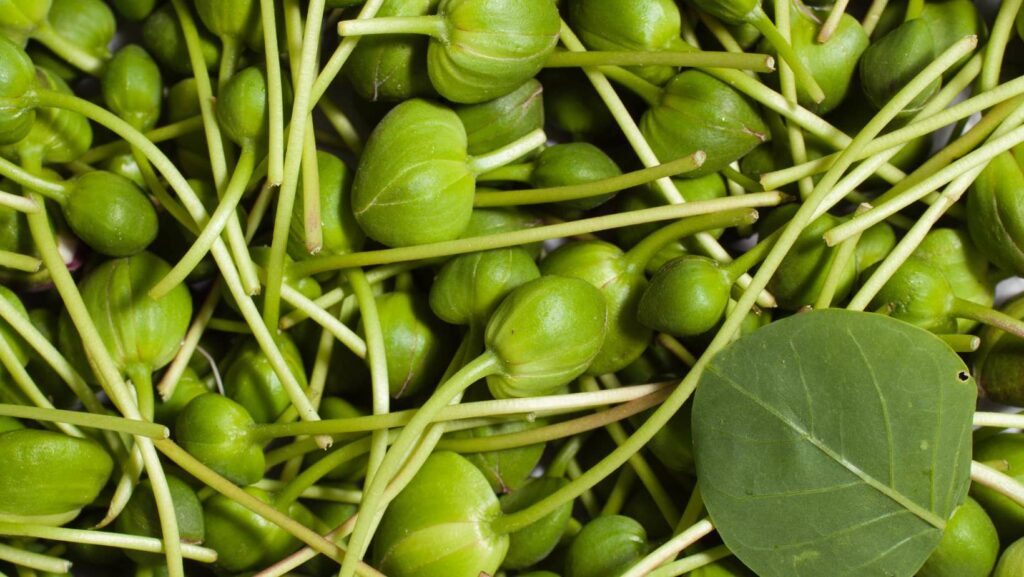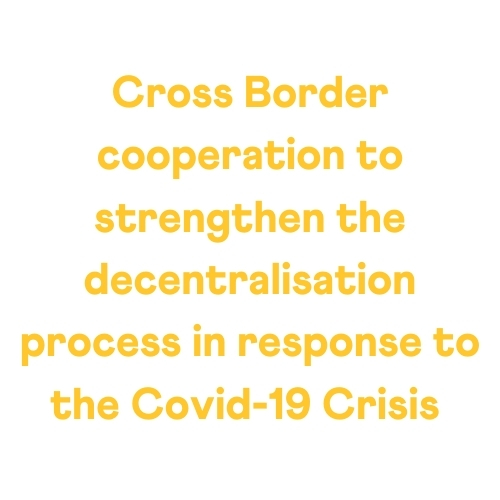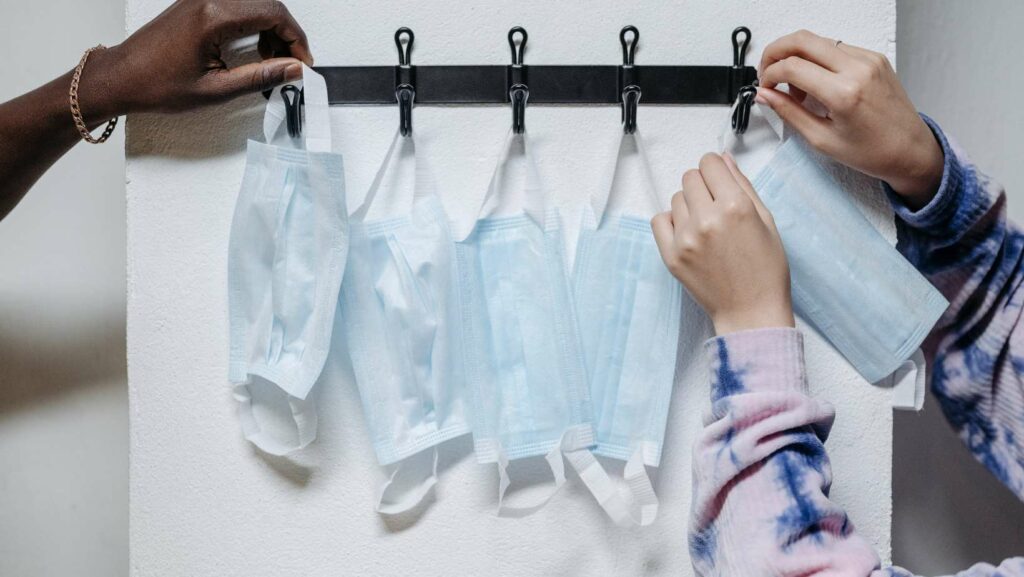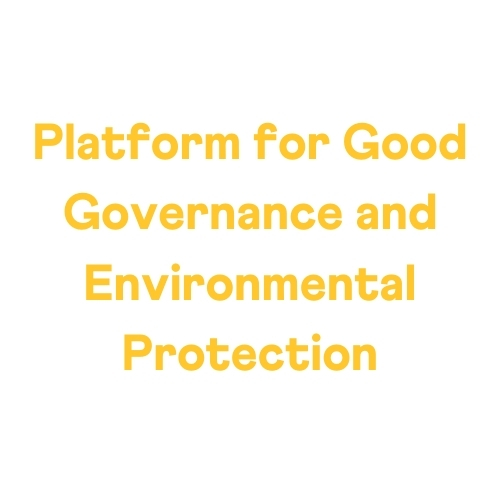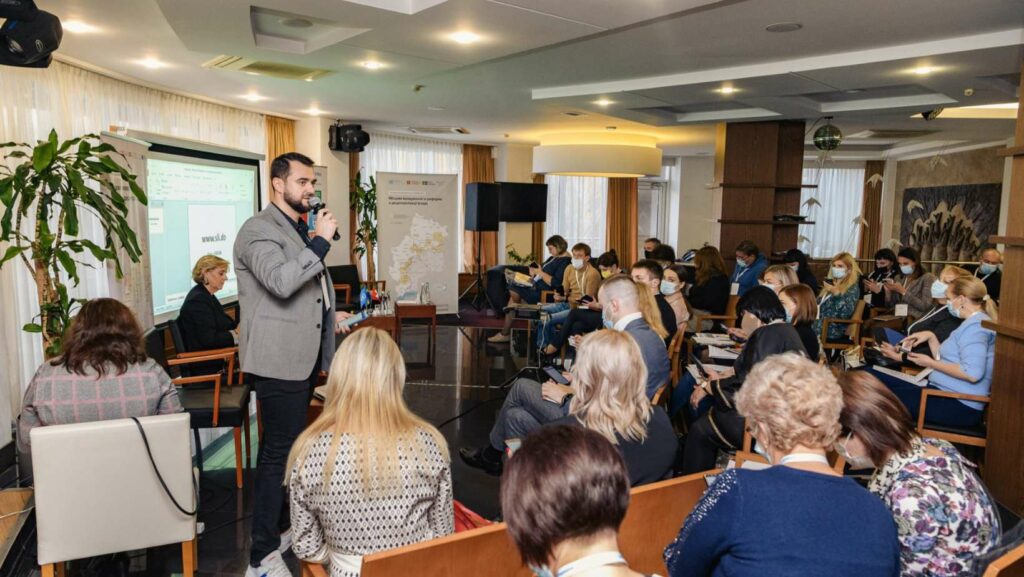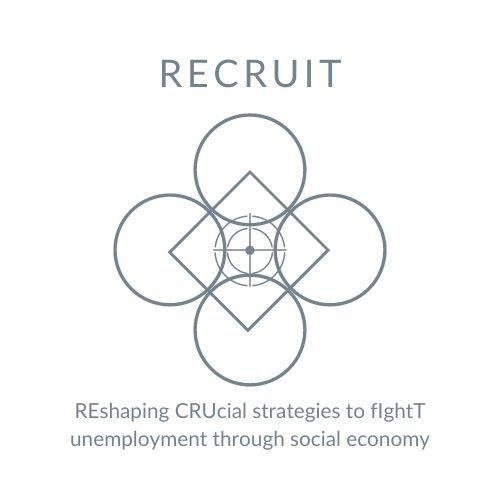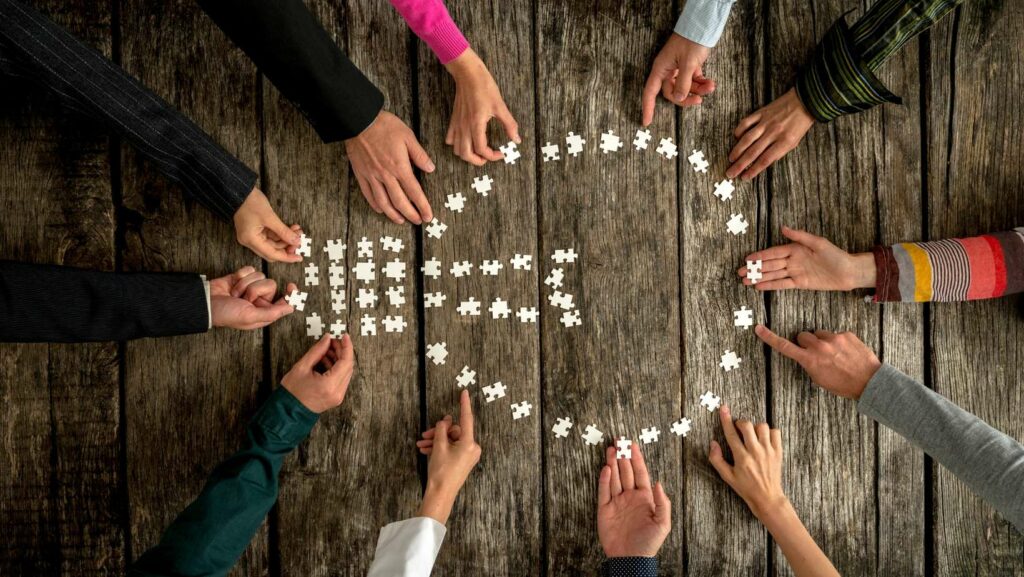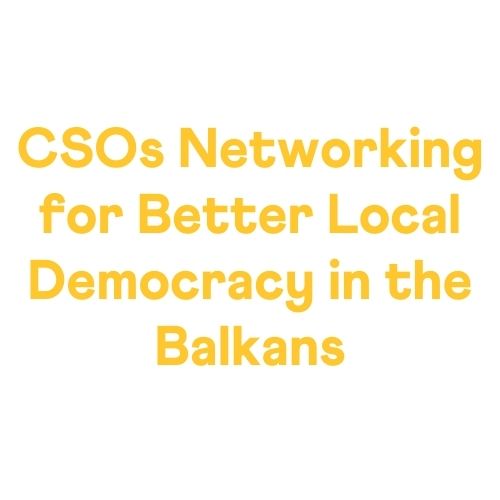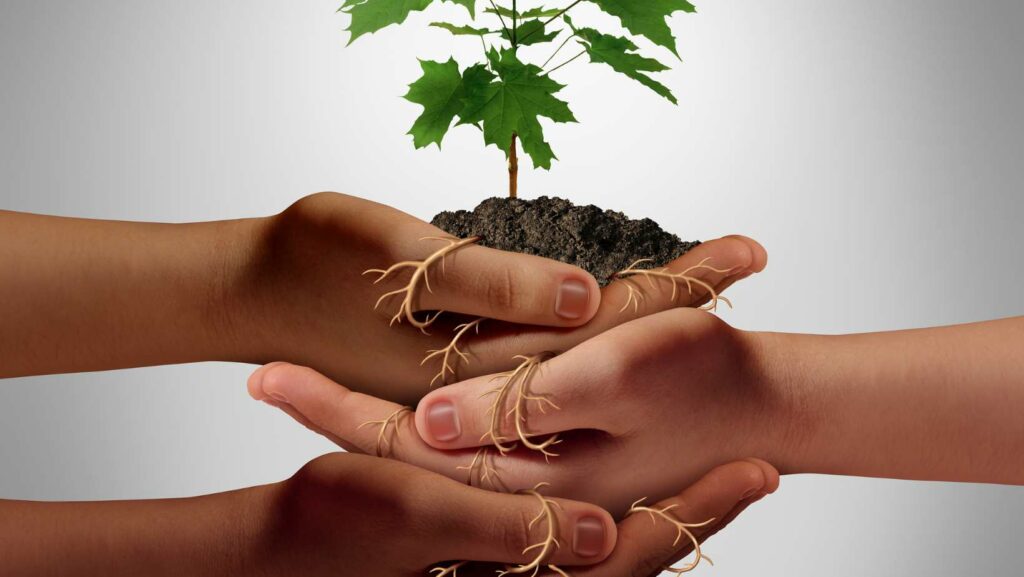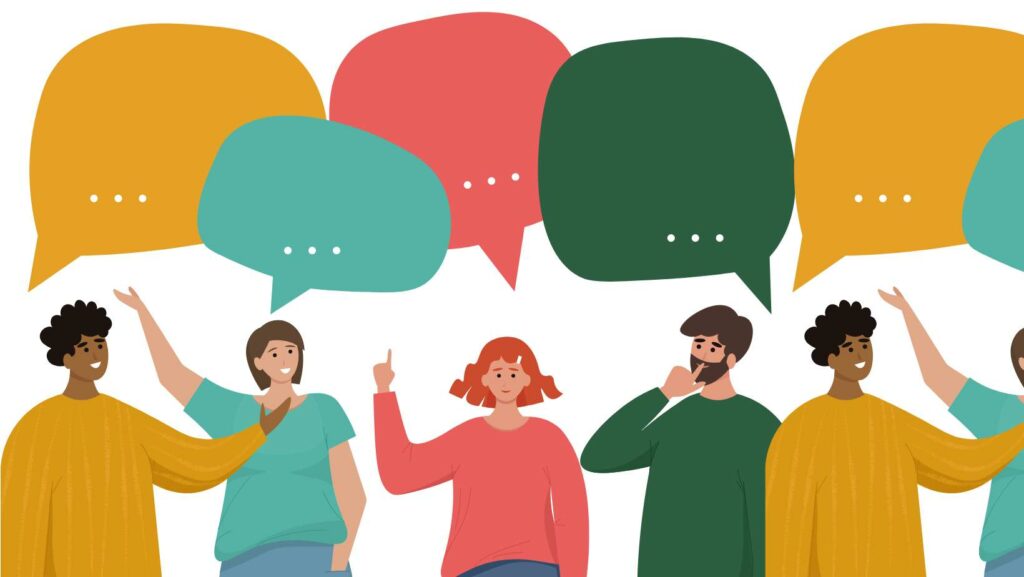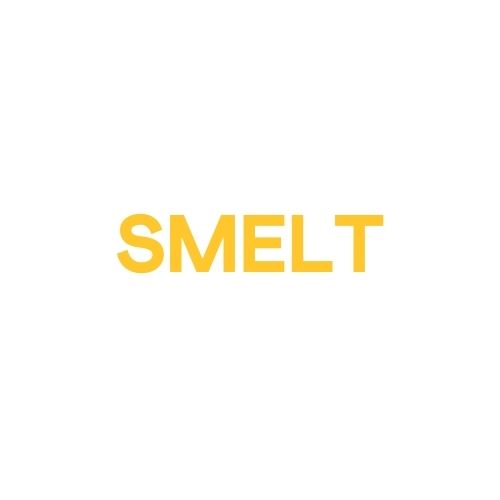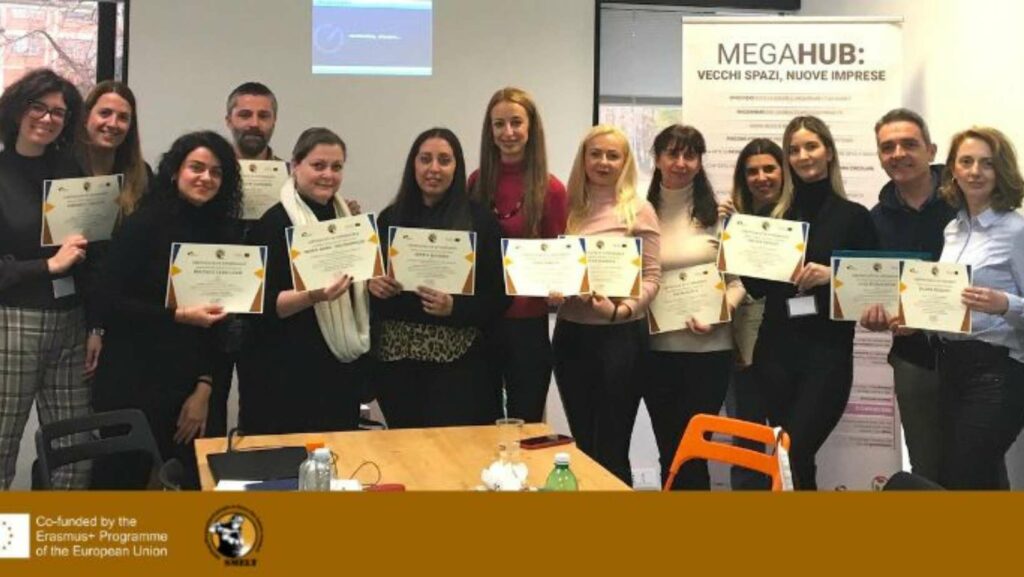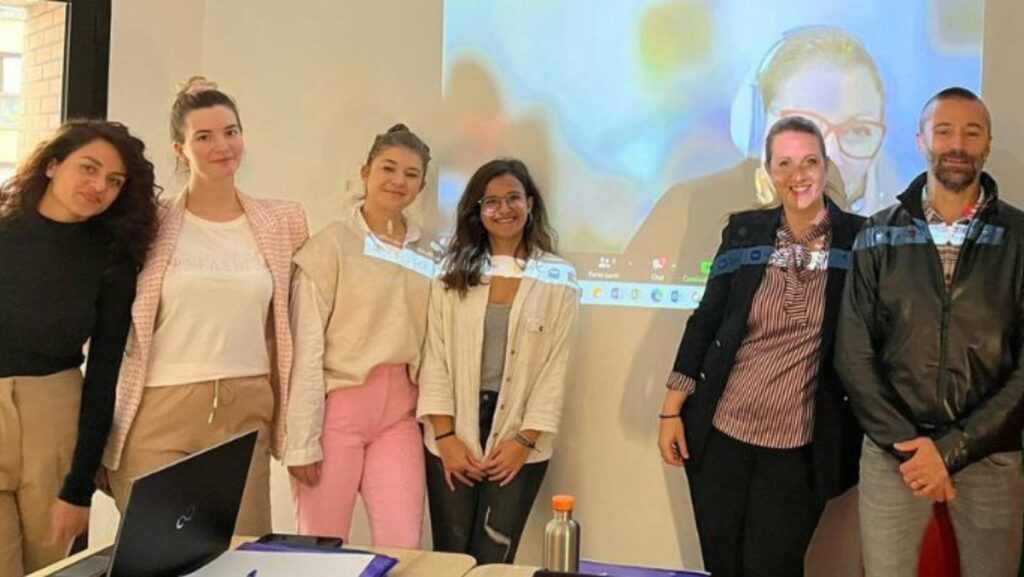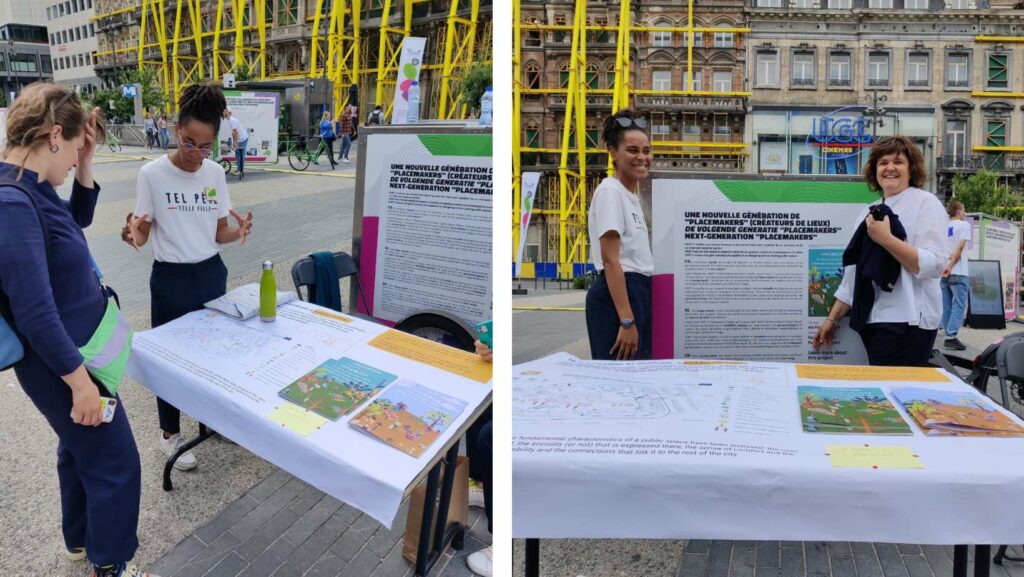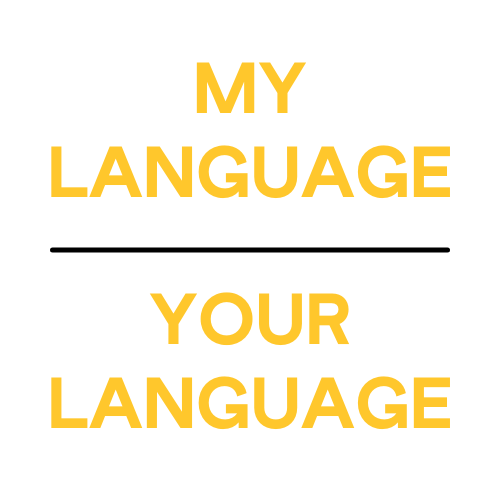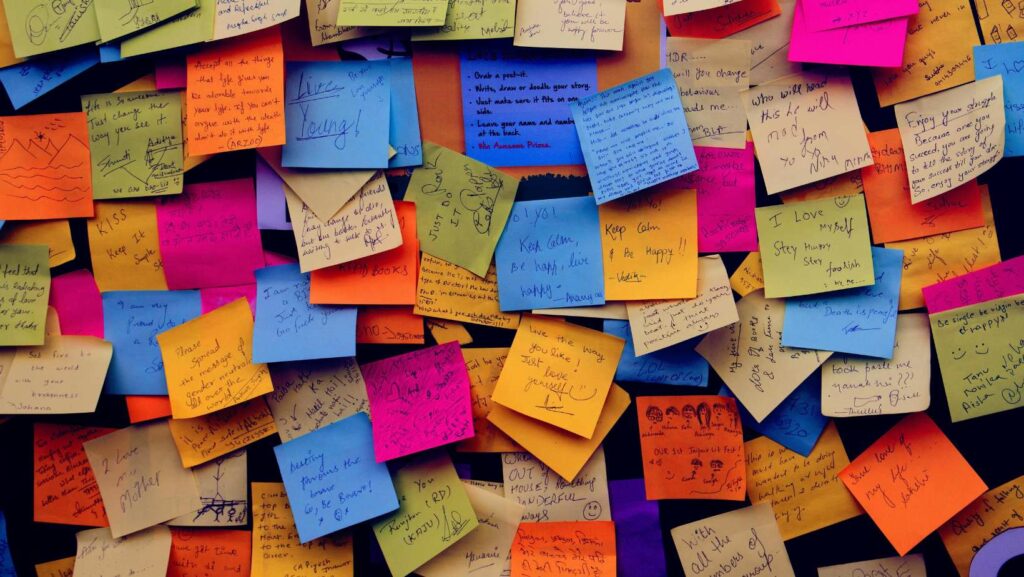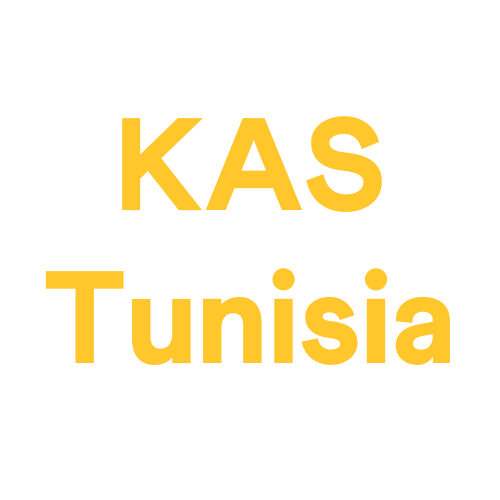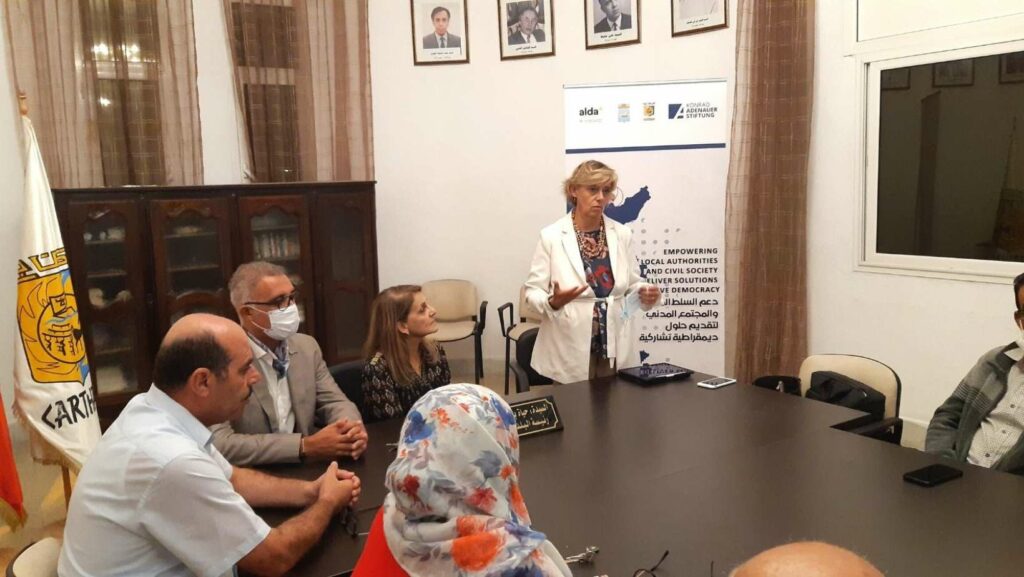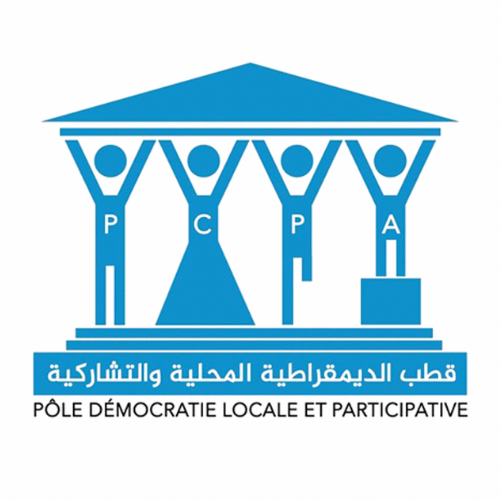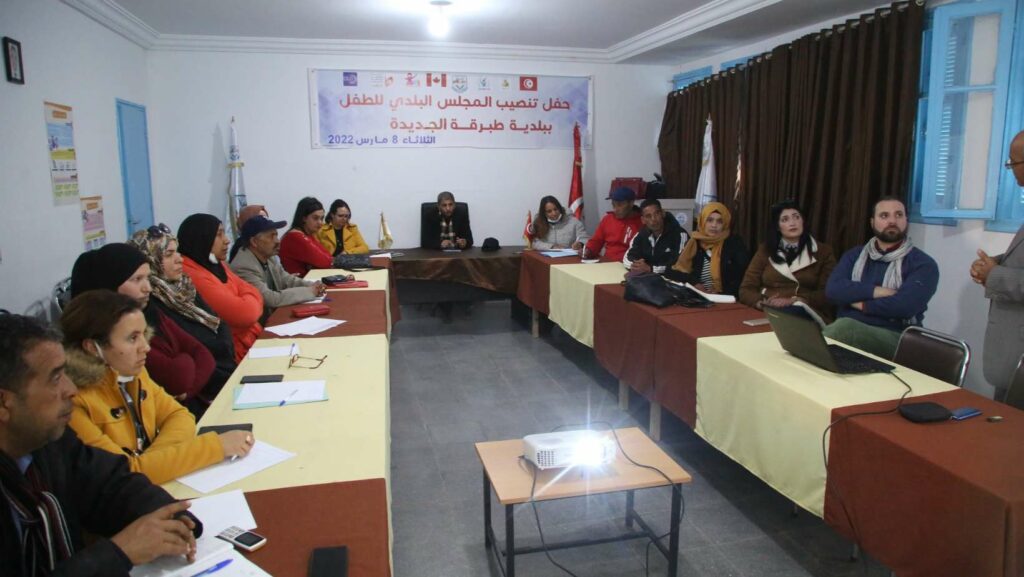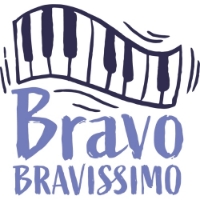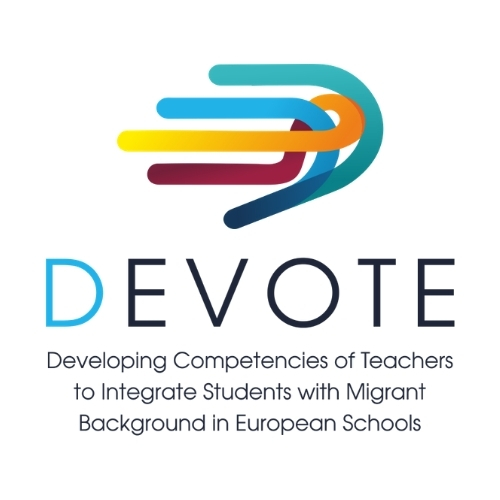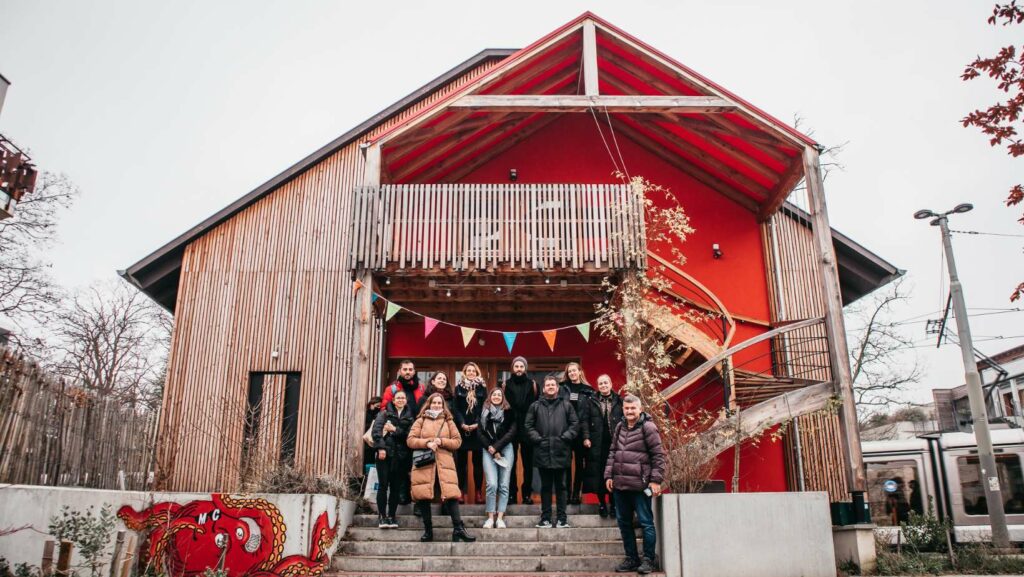So much time passed since that December 17th, 1999 when ALDA was officially registered as a non-profit association aimed at supporting and coordinating the network of the Local Democracy Agencies (LDAs).
At that time, ALDA – the Association of Local Democracy Agencies (this was the original acronym) was a very small organisation based in Strasbourg, and with another tiny office in Vicenza (Italy). From there, a small but highly motivated team started working for the development of the LDAs and of the ALDA Association itself: it was a huge challenge that we took up from scratches.
As a result, 23 years later, ALDA proved to have met the challenge, step by step becoming the wide, well recognised European Association it is today.
Over time, ALDA grew not only in activities and partners, switching from 5 projects and 5 members in 1999, to the current 90 ongoing projects and a network of 300 members.
ALDA made consistent changes also from a structural point of view:
- from barely two offices, ALDA has an operational team located in 6 offices all over Europe and in the Neighbourhood;
- from the 5 LDAs in the Western Balkans, we reached 16 LDAs and 3 OPs covering new geographical areas, such as the Caucasus, Eastern Partnership, Middle East, Africa and Türkiye;
- In 2017 ALDA founded ALDA+ Srl Benefit Corporation, the benefit company exclusively owned by ALDA which aims to capitalise ALDA’s expertise in a responsible, sustainable and transparent way to support the mission of ALDA itself.
Despite all these successes and milestones, ALDA finds itself in a continuous process of growth and improvement, for a more effective action in support of local communities all over the World, promoting good governance and citizens participation.
ALDA finds itself in a continuous process of growth and improvement, for a more effective action in support of local communities all over the World
For this reason, among the most recent challenges of ALDA is to become even more “local”, establishing deeper links and having a stronger impact within the community ALDA and its offices are based in.
In this wake, 2023 kicks off with a great news, being the official registration of ALDA in Italy, in Vicenza: this event marks the establishment of ALDA Italia Aps (ALDA Italy Association of Social Promotion), as a locally registered branch of ALDA.
Formalising the existence and the legal legitimacy of ALDA Italy will enable us, ALDA, to have a broader range of action that will let undertake more targeted and consistent activities, becoming real actors of local change.
All in all, the progress ALDA has made in the past 23 years, or should we start calculating from even earlier, going back to the foundation of the first LDAs in the Balkans in 1993, is more than “an Association growing and expanding in the territory”. It has been a true process of development and differentiation, where ALDA has been deploying all its means to carry out its mission in the most efficient way, with an ever-growing scope. Over time, the objective is to locally register all offices of ALDA, going deeper in the local dimension of all cities where we are based.
Indeed, the ALDA’s offices, ALDA+, the network of the LDAs and ALDA Italy, have thus become autonomous yet interdependent realities, working together for the same mission… as a Group!
